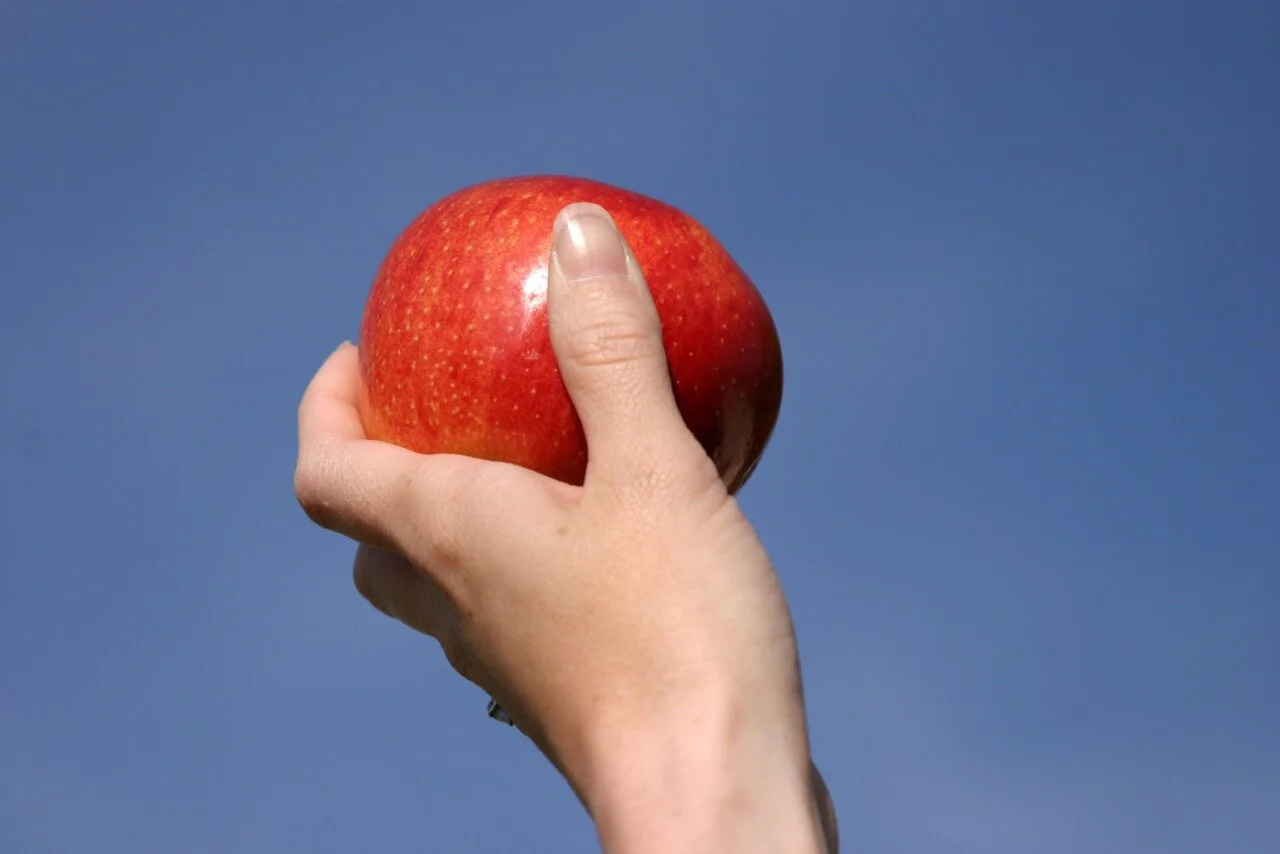Coming to accept our situation, with all its ups and downs, helps us begin preparing for our earthly end, death itself, prompting us to take up core questions about life’s meaning.
Read MoreWe are being cajoled as a society into believing the contradiction that ‘death with dignity’ means killing ourselves, or letting someone else kill us.
Read MoreIn considering our own death, we may entertain a strong wish that there be no more sufferings on the other side, especially when it comes to justifying our decision to engage in physician-assisted suicide. Simply having such a wish, however, does not actually make it so.
Read MoreOur focus should be on the benefits and burdens of a proposed medical intervention rather than on trying to impose our own conclusion that certain individuals no longer have enough value or meaning in their lives.
Read MoreEach of our loving human gestures speaks volumes about the singular power of love to overcome fear, and to strengthen us in adversity.
Read MoreWe need to attend carefully to the graced realities we regularly handle lest we end up squandering or losing our sense of the sacred.
Read MoreThe moral outrage and public reaction to Michelle’s behavior reveals a striking irony at the heart of Conrad’s suicide, namely, that similar indignation about encouraging someone to commit suicide is almost entirely absent when it comes to “physician-assisted” suicide.
Read MoreToday, as modern medicine tries to rebuff death and control our humanity in ever more sophisticated ways, new temptations arise...
Read MoreWhile ending our life may seem to offer an ‘escape valve’ for the serious pressures and sufferings we face, we do well to consider the real effects of this choice both in this life, and in the life to come.
Read MoreWe can legitimately choose between apples and oranges, but not between milk and drain cleaner. If, in the name of autonomy, we were to ingest drain cleaner on purpose to make ourselves ill, we would actually undermine and surrender our personal autonomy.
Read MoreOur later years can powerfully provoke us to come to terms with our destiny and with higher truths.
Read MoreFor all our similarities to the rest of the animal kingdom, we are aware of a fundamental difference in kind between ourselves and our furry friends. We are not meant to die just as animals do, or be euthanized as they are.
Read MoreChoosing not to eat or drink can be packaged as a noble and well-intentioned way to avoid intense pain and suffering, but VSED ultimately represents a flawed choice. It subtly draws us into the mistake of treating the objective good of our life as if it were an evil to be quelled or extinguished.
Read MoreYet in the face of a terminal medical diagnosis, it is not reasonable to let our fears dictate our choices; instead it behooves us to confront and resolve those fears without yielding to panic and without allowing unpleasant future scenarios to loom large in our imagination.
Read MoreRecognizing that dehydration is a painful way to die serves as a helpful starting point to assist family members in addressing the nutrition and hydration needs of their loved ones who may find themselves in compromised states or approaching the end of life.
Read MoreFostering a humanly enriching environment for those facing death often means giving explicit attention to human presence and human contact, even in the midst of a plethora of technology that may surround a patient.
Read More…euthanasia and assisted suicide are little more than ways of short-circuiting our human interrelatedness & interconnectedness, acts of violence on a basic level that cause great harm and disruption.
Read MoreGod permits our sufferings, offered up, to make an indelible mark in His work of Salvation. This transformation of the ‘uselessness’ of our suffering into something profoundly meaningful serves as a source of spiritual joy to those who enter into it.
Read MoreThe truly compassionate doctor will humbly recognize that even his most powerful tools and treatments will not be able to stave off death in every case. At certain times, he will have to step aside as the shadow of death draws near and the mortal existence of the person he has been caring for comes to its natural close.
Read More



















